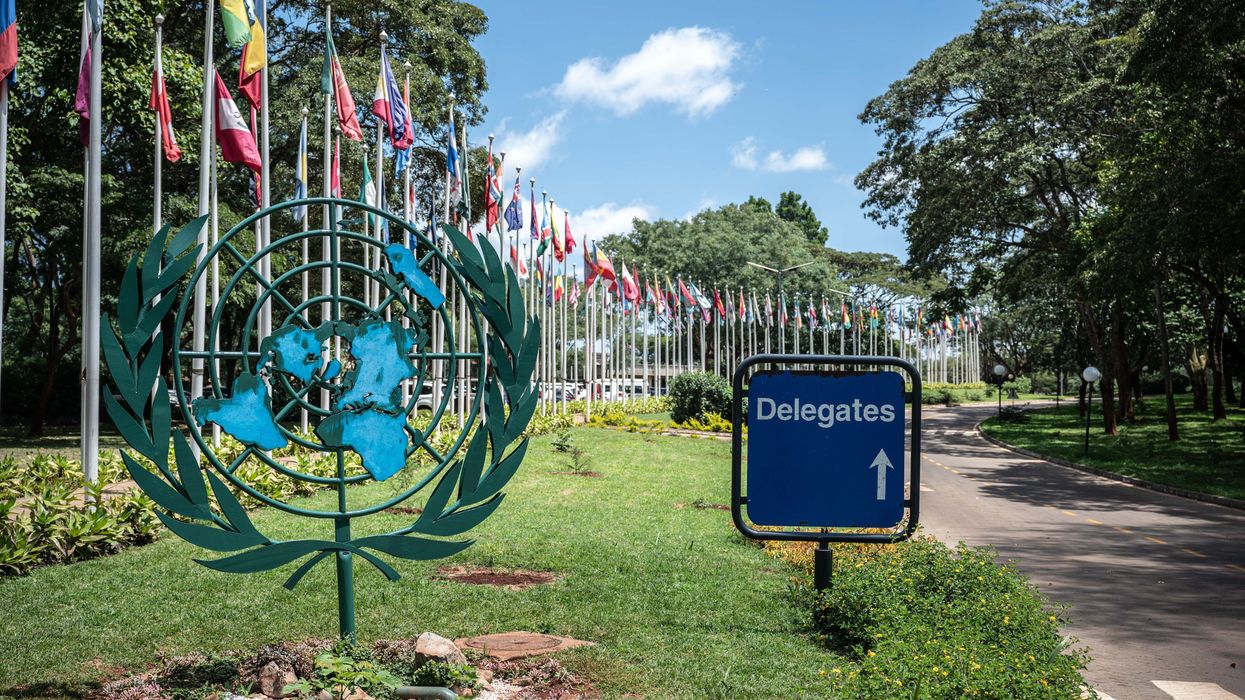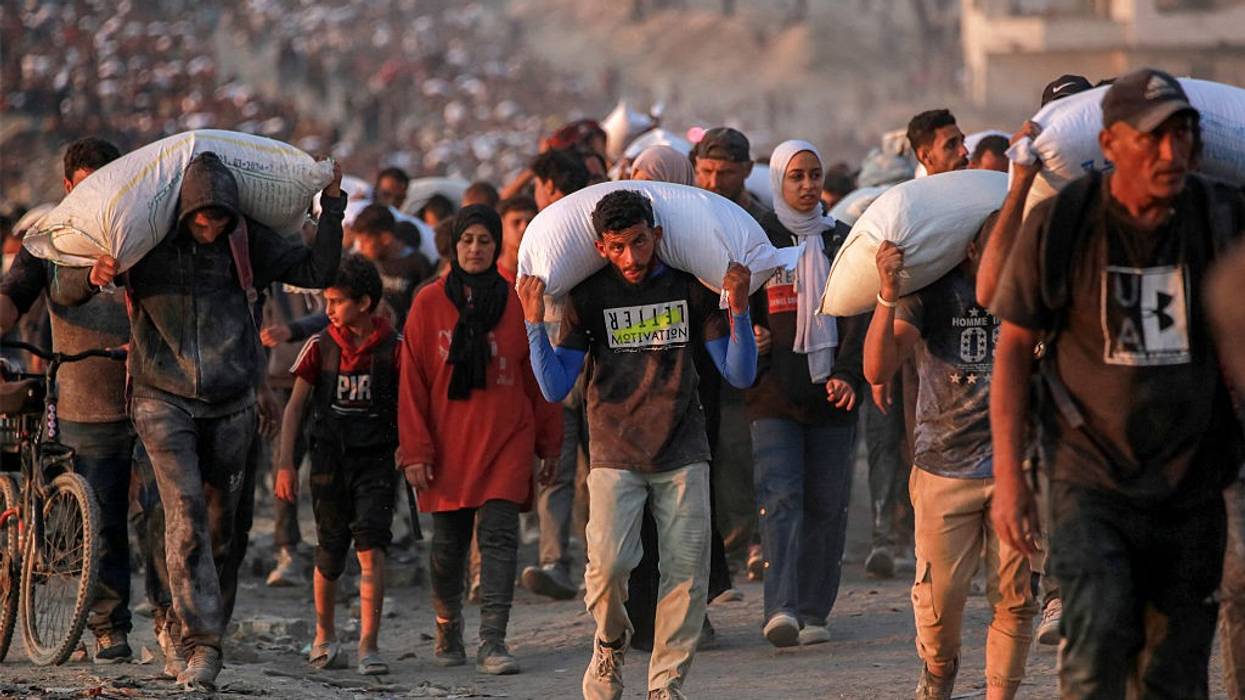Why the UN Environment Assembly Is Essential to a Safer, More Resilient Planet
Inaction now carries a clearer cost than ever: At UNEA-7 in Nairobi—the environmental capital of the world—the “Nairobi Spirit” can convert shared challenges into shared action.
As geopolitical challenges and tensions escalate globally, one thing is clear: Fragmented politics will not fix a fractured planet.
This is why the United Nations Environment Assembly (UNEA)—the world’s highest decision-making body on the environment—is so critical to address our shared and emerging environmental threats.
The seventh session of the assembly, taking place at the headquarters of the UN Environment Programme (UNEP) in Nairobi, Kenya this month, will bring together ministers, intergovernmental organizations, multilateral environmental agreements, the broader UN system, civil society groups, scientists, activists, and the private sector to shape global environmental policy.
Recent UNEP data show emissions continue to rise as the impacts of global environment and climate challenges are accelerating and growing ever more extreme. We see it in record heatwaves; disappearing ecosystems; and toxins in our air, water, and soil. These are global threats that demand global solutions.
To deliver at the speed and scale required, the United Nations system must act together—with the full family of Multilateral Environmental Agreements coming together to support countries.
Even in turbulent times, environmental multilateralism continues to deliver. Since countries met at UNEA last year, this multilateralism has delivered important progress.
Governments agreed to establish the Intergovernmental Science-Policy Panel on Chemicals, Waste, and Pollution—finally completing the “trifecta” of science bodies alongside the Intergovernmental Panel on Climate Change (IPCC) and the Intergovernmental Science-Policy Platform on Biodiversity and Ecosystem Services (IPBES). The BBNJ Agreement on the sustainable use of marine biodiversity in areas beyond national jurisdiction came into force, a major win for the governance of our oceans.
Importantly, during such a challenging political climate, the Paris Agreement is showing that it is working. However, it is clear we need to move much faster with greater determination. But change is afoot: The global shift to low-emission and climate-resilient development is irreversible. Renewable energy is outcompeting fossil fuels pricewise. Climate smart investments are driving tomorrow’s vibrant economies and societies.
While we must recognize that many were hoping COP30 would include explicit reference to phasing out fossil fuels in the decision text, this was not to be. However, the COP president committed to creating two road maps during his one-year tenure, one to halt and reverse deforestation and another to transition away from fossil fuels—a move that was backed by more than 80 countries during the talks.
These are not small steps—nor are they enough to address the threats we face in full. But they do reinforce that multilateralism can still bring science and policy together to address our global challenges.
Of course, progress is not always straight forward. Since UNEA’s historic resolution in 2022 on a legally binding instrument to end plastic pollution, including in the marine environment, negotiations have continued to advance. While we do not yet have a full treaty text agreed, the latest talks in Geneva earlier this year made hard fought progress and countries remain at the table, sustaining momentum toward an agreement that ends plastic pollution once and for all.
This year, under the theme “Advancing sustainable solutions for a resilient planet,” UNEA will build on these wins to set the stage for even greater progress.
The seventh edition of UNEP’s flagship report, the Global Environmental Outlook, will be key to informing how we deliver this future. Released during UNEA, the report will help move us beyond diagnoses of our common challenges to identifying real solutions across five interconnected areas: economics and finance; circularity and waste; environment; energy; and food systems. Drawing on contributions from hundreds of experts worldwide, the Outlook will help countries prioritize the most effective solutions to deliver our global goals.
To deliver at the speed and scale required, the United Nations system must act together—with the full family of Multilateral Environmental Agreements coming together to support countries. UNEP is proud to host 17 conventions and panels that span the environmental spectrum, from toxic chemicals to protection of the ozone layer. Bringing this family of agreements closer together offers opportunities to better align priorities.
This is why UNEA will put a central focus on how these agreements can better work together for accelerated, more targeted support to countries as they implement commitments. Because action on climate is action on biodiversity and land; because action on land is action on climate; because action on chemicals, pollution, and waste is action on nature and on climate.
Inaction now carries a clearer cost than ever. At UNEA-7 in Nairobi—the environmental capital of the world—the “Nairobi Spirit” can convert shared challenges into shared action and, ultimately, shared prosperity on a safe, resilient planet that benefits all.
The United Nations Environment Assembly will take place from December 8-12 in Nairobi, Kenya.


